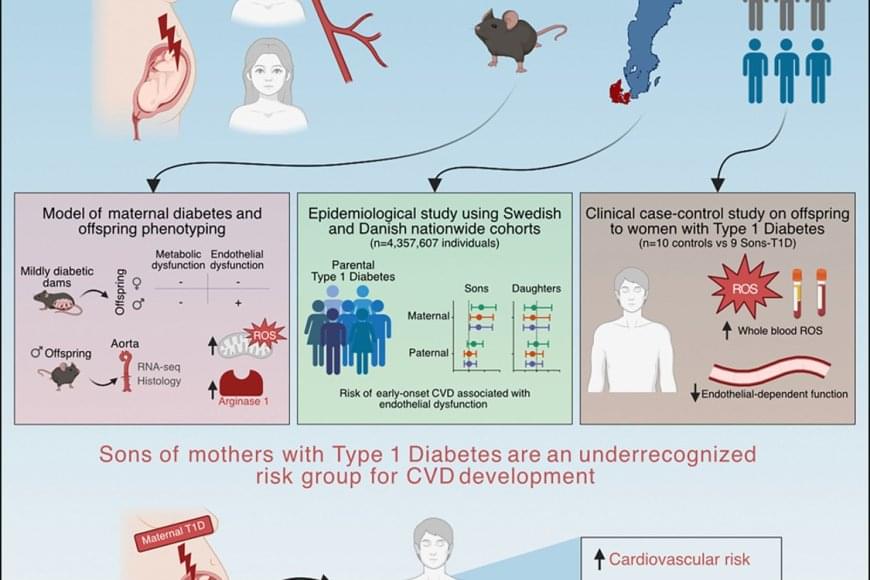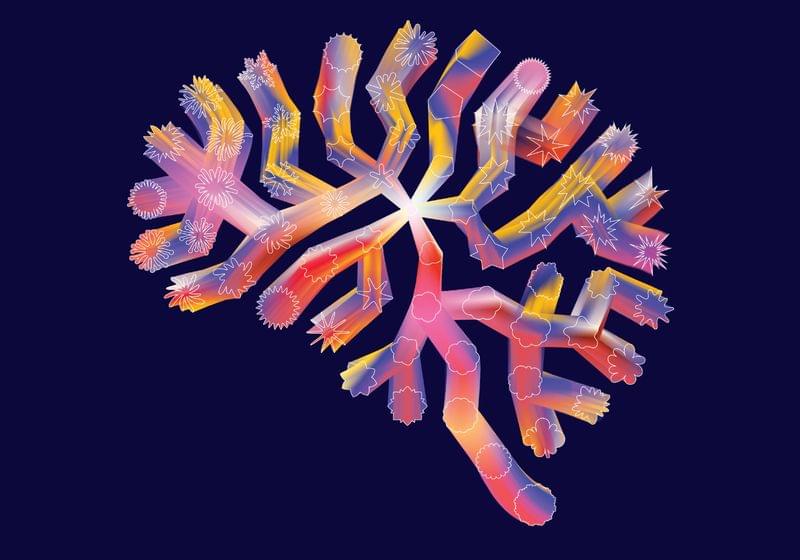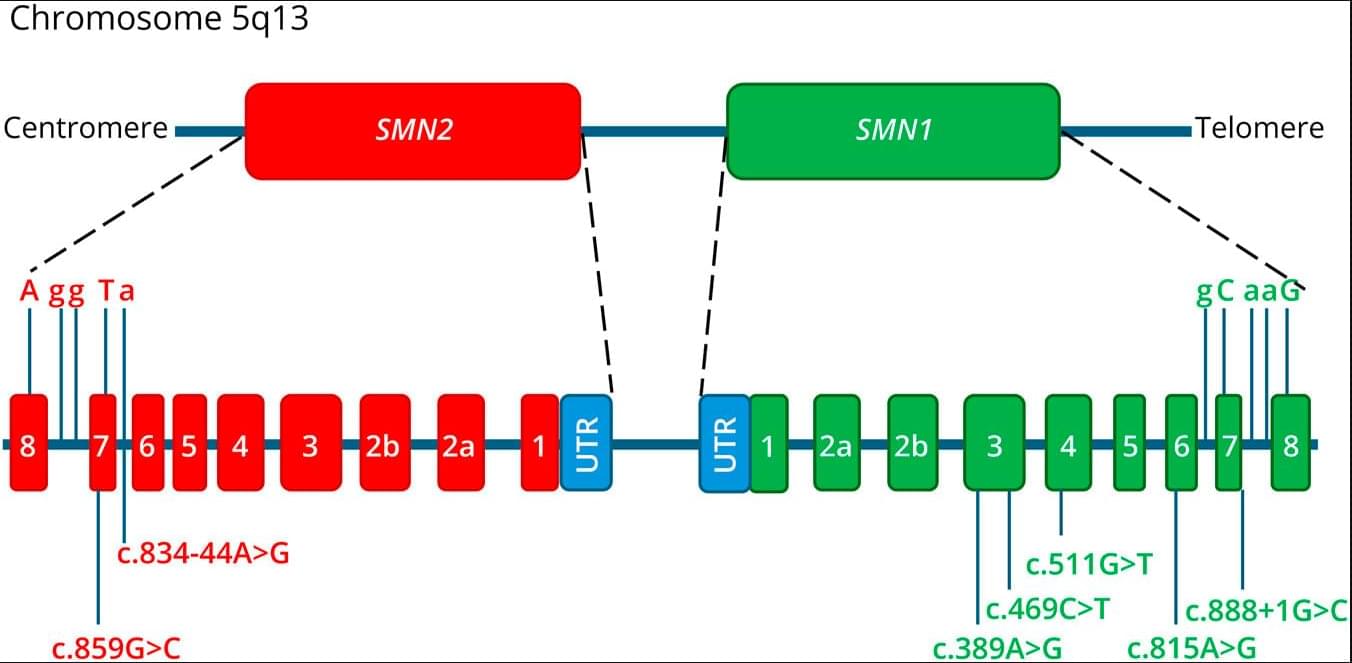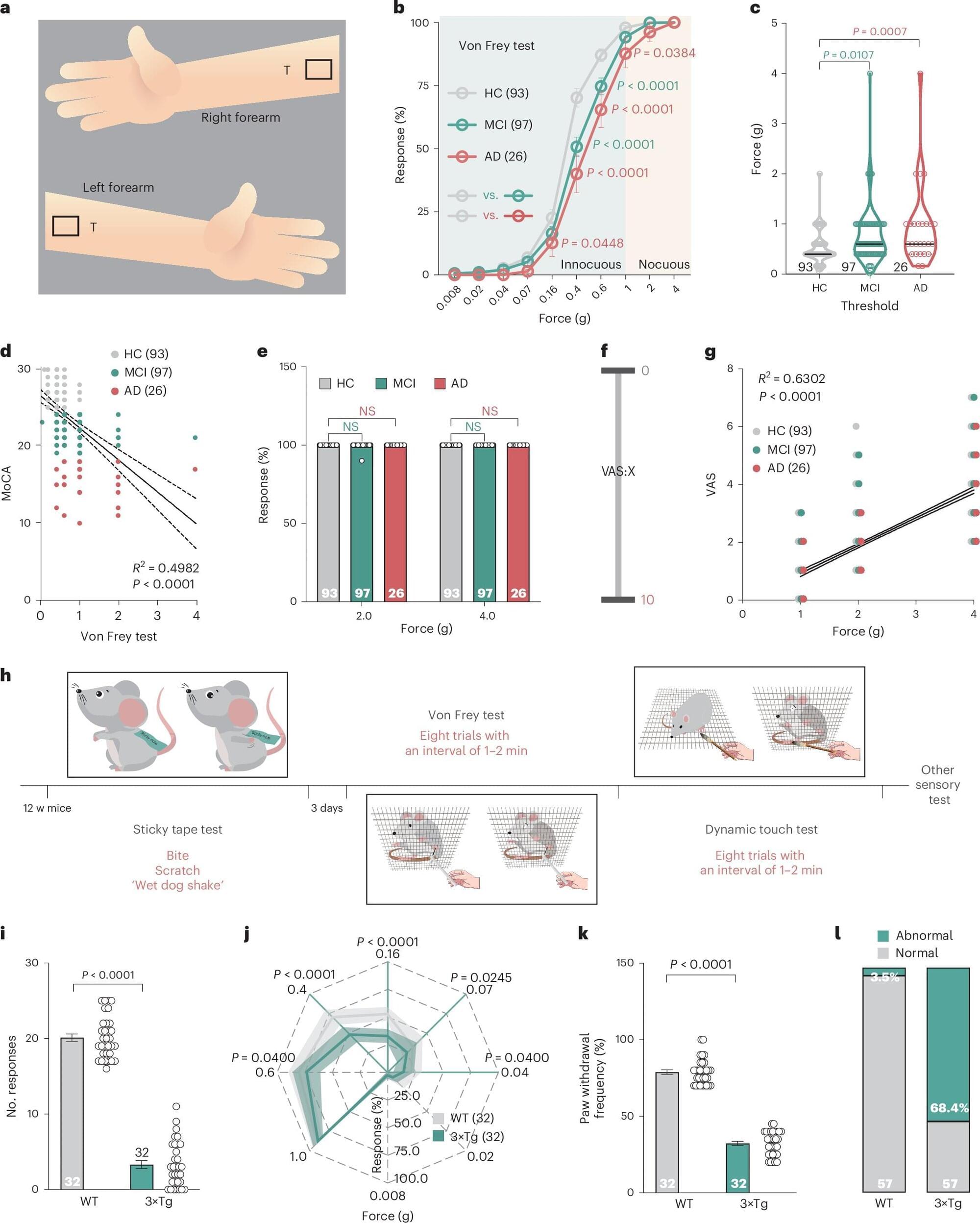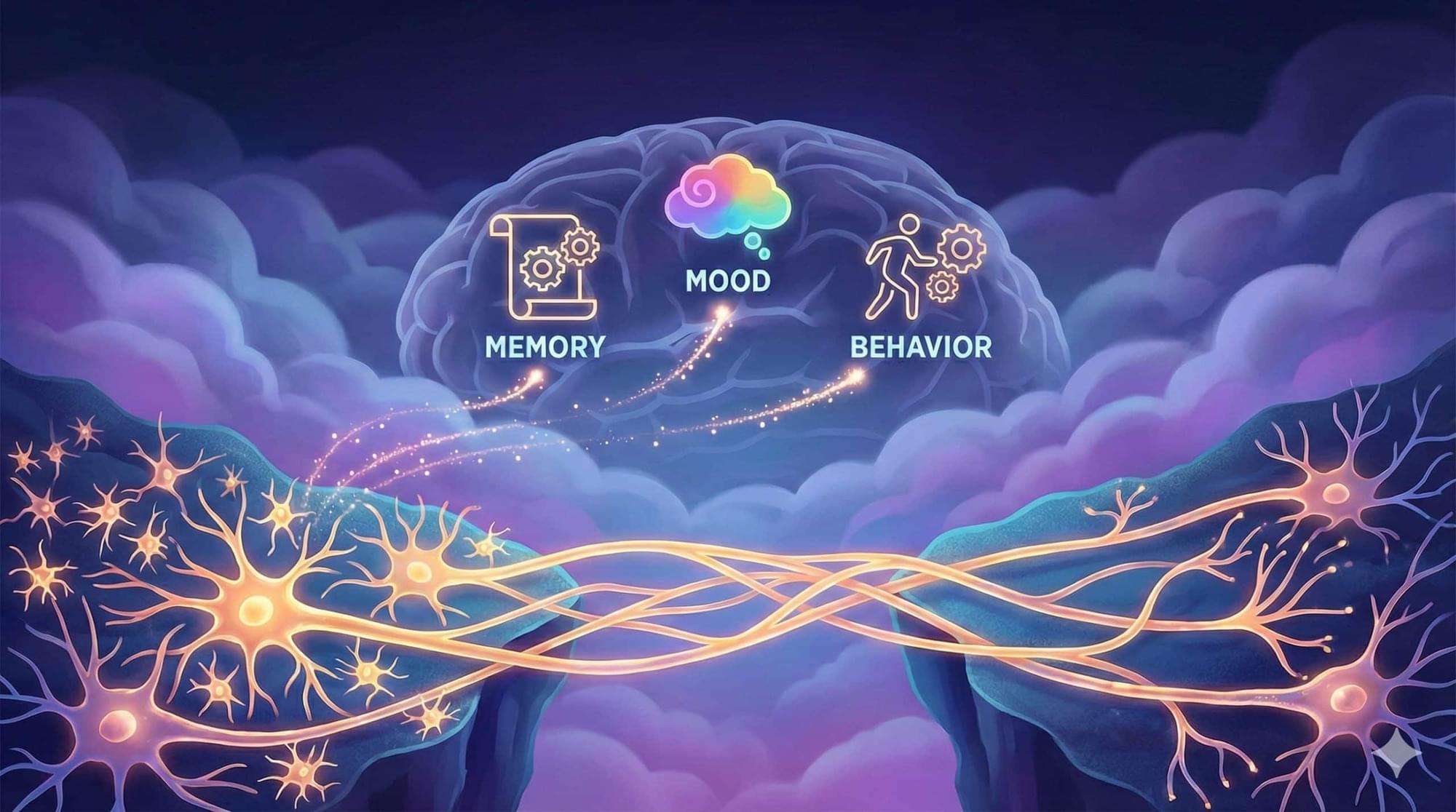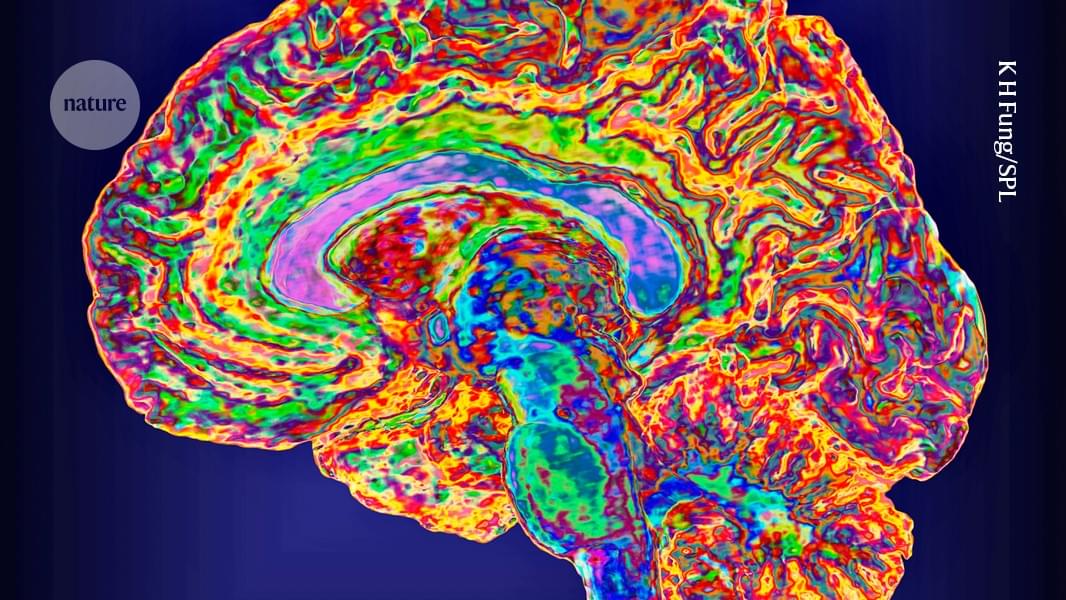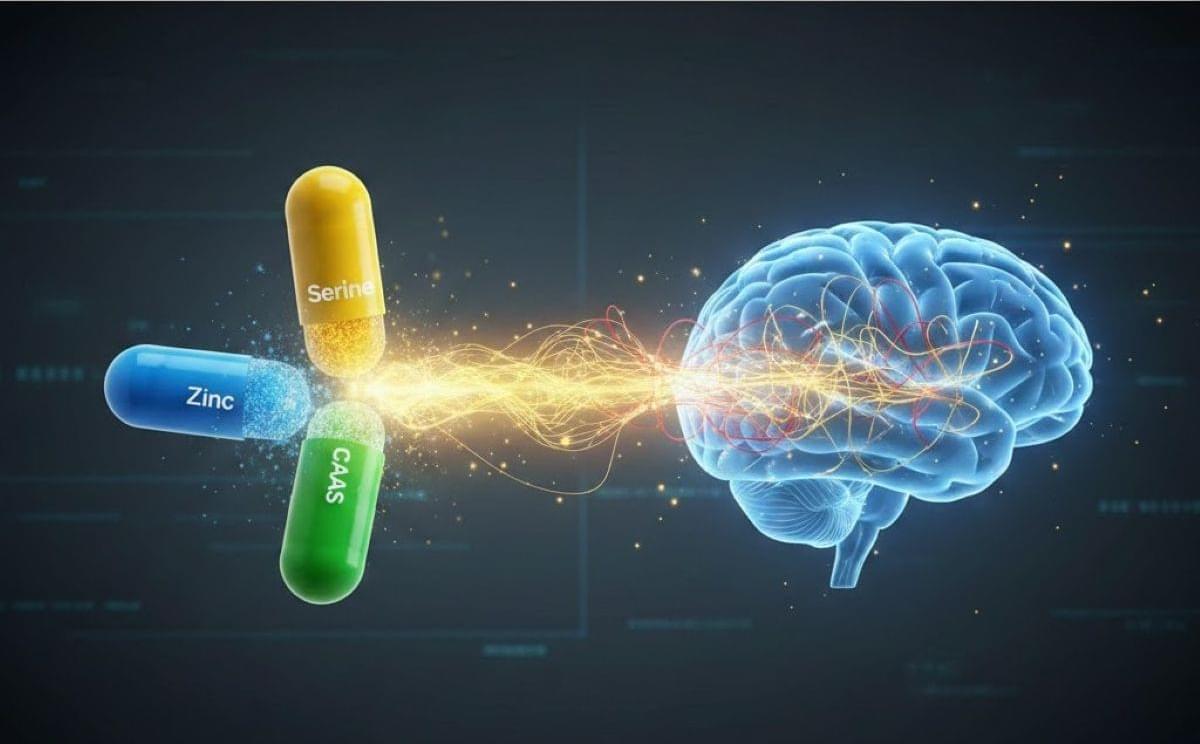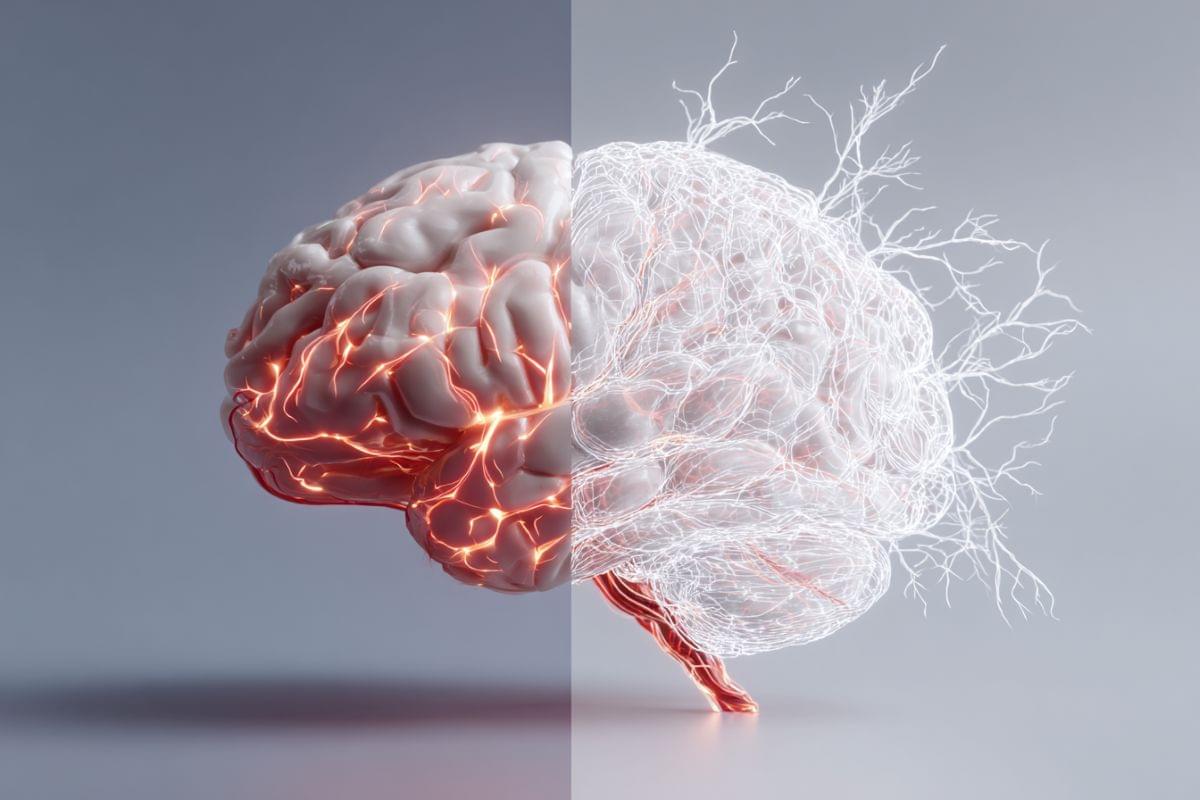The study involving 1,119 participants will be published in Cell Reports Medicine.
Currently, genetic testing is divided into three distinct approaches:
In a new study, scientists have developed a more precise genetic risk score to determine whether a person is likely to develop arrhythmia, an irregular heartbeat that can lead to serious conditions such as atrial fibrillation (AFib) or sudden cardiac death.
Their approach not only improves the accuracy of heart disease risk prediction but also offers a comprehensive framework for genetic testing that, according to the scientists, could be applied to anything, including other complex, genetically influenced diseases like cancer, Parkinson’s Disease and autism.
“It’s a very cool approach in which we are combining rare gene variants with common gene variants and then adding in non-coding genome information. To our knowledge, no one has used this comprehensive approach before, so it’s really a roadmap of how to do that,” said co-corresponding author.
